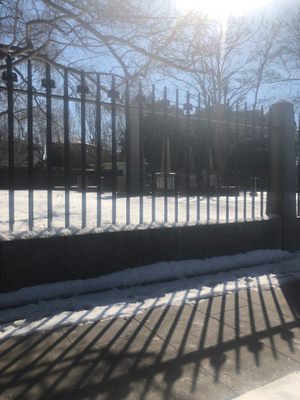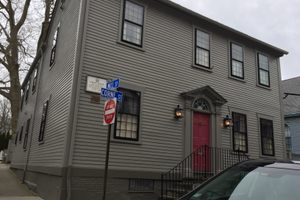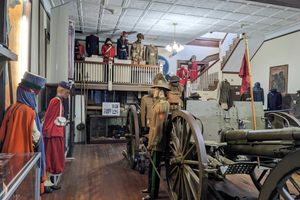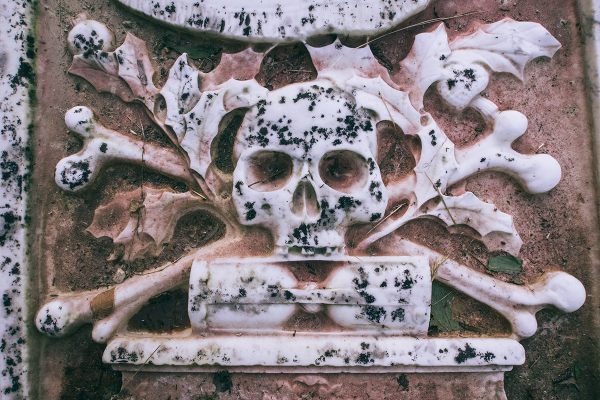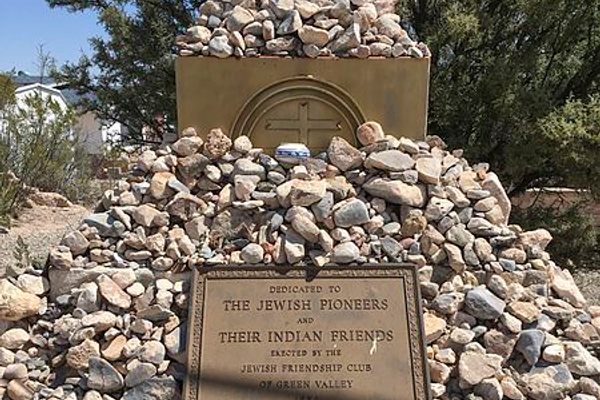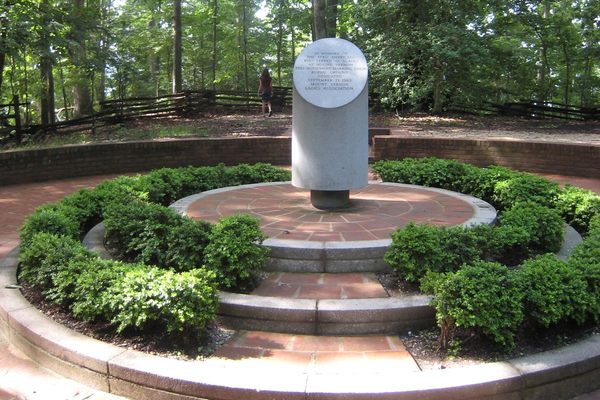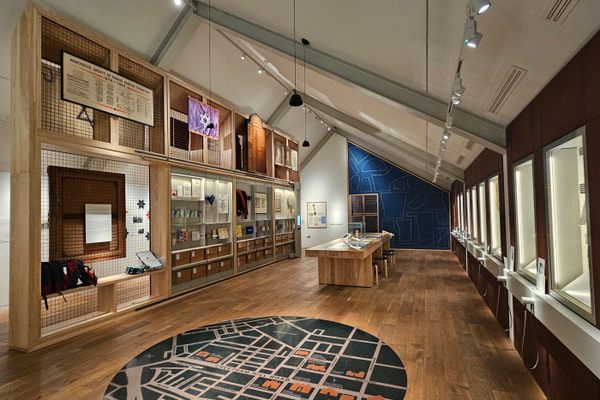About
The plot is small—only 39 graves—gated and decorated with traditional downed-turned torches to symbolize the ending of life’s flame. All the burials here took place between 1761 and 1866, but the roots of this historic site in Newport, Rhode Island, go back a hundred years before that, making Touro the second oldest Jewish cemetery in the United States.
The land for Touro was first deeded as a burial ground in 1677, and its unrecorded history may go back even further. The parcel was only 30 square feet, originally sold to be used for Newport’s Sephardic Jews who had fled Portugal under the weight of religious persecution. (The nation's oldest Jewish cemetery is the graveyard of the Shearith Israel congregation, located at Chatham Square in lower Manhattan since 1654.)
The cemetery is usually locked, but because it’s so small you see just about everything from the street, and one grave in particular stands out, important to the legacy of Newport as a center of early religious tolerance. The grave belongs to Moses Seixas, writer of the letter to the newly elected George Washington prompting the new President’s famous 1790 Letter to the Hebrew Congregation at Newport.
Both letters are seminal pieces of writing, especially coming before the Bill of Rights even existed. Both foreshadow the First Amendment to come, perhaps best seen in Washington’s words:
It is now no more that toleration is spoken of, as if it was by the indulgence of one class of people, that another enjoyed the exercise of their inherent natural rights. For happily the Government of the United States, which gives to bigotry no sanction, to persecution no assistance requires only that they who live under its protection should demean themselves as good citizens, in giving it on all occasions their effectual support.
Related Tags
Know Before You Go
The gates of the cemetery are usually locked, but it's tiny and you can see it all through them. A few blocks up the street is the historic Touro Synagogue, the oldest synagogue in the U.S. and a National Historic Site, that every August hosts a reading of Washington's letter.
The site was also made famous in "The Jewish Cemetery at Newport" by Henry Wadsworth Longfellow. Bring a copy along when you visit for, some impromtu poetry reading.
Published
March 22, 2017






